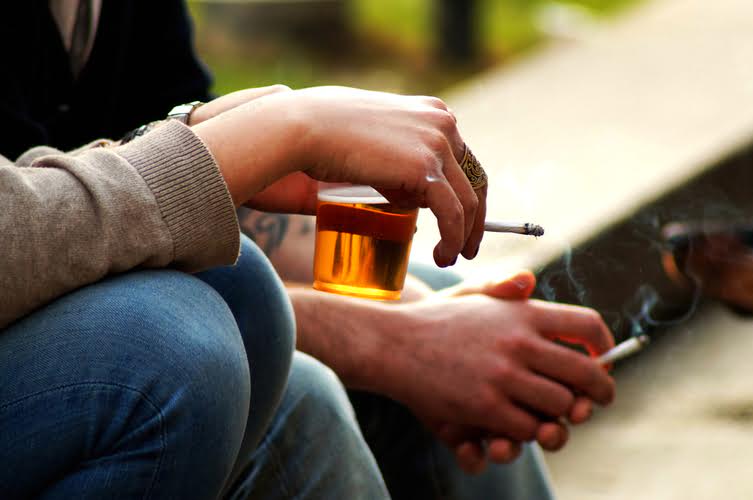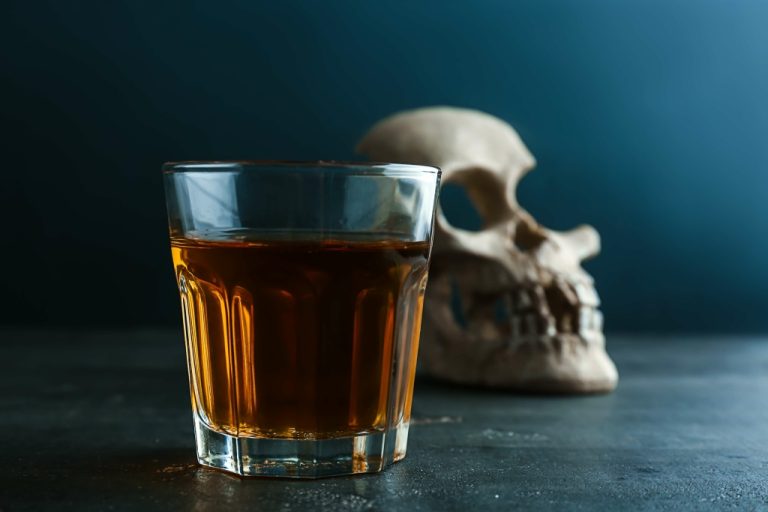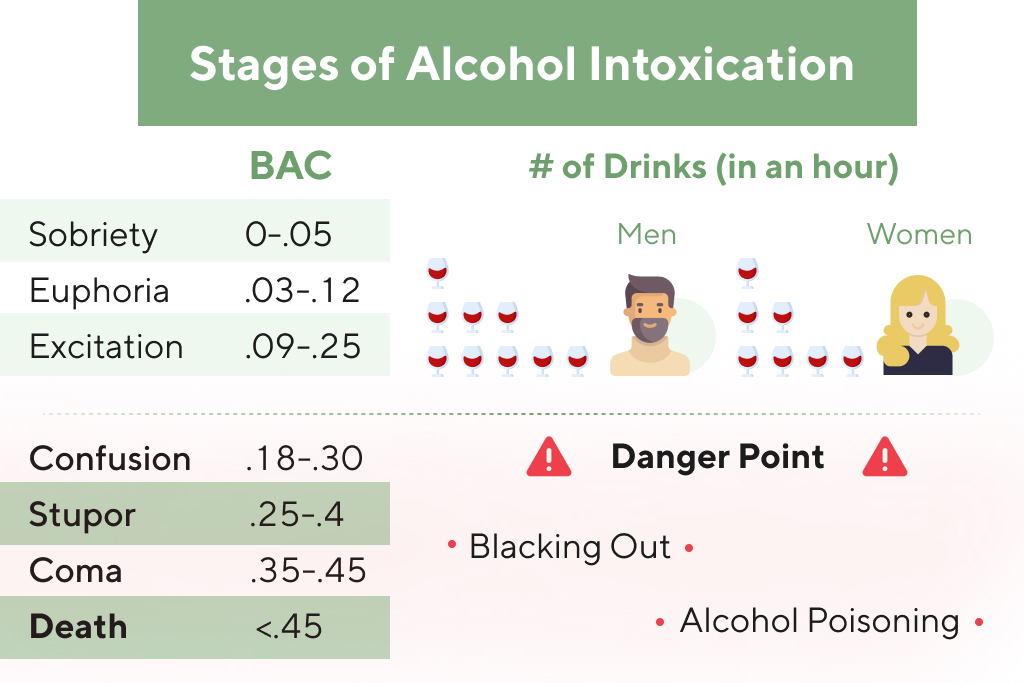The Science of the Sauce: What Happens to Your Brain When You Drink Alcohol?
The severity of slurred speech and lack of coordination can vary depending on factors such as the amount of alcohol consumed, individual tolerance, and other personal factors. It’s important to note that these effects can be indicators of impairment and may impact an individual’s ability to communicate effectively https://uggsforwomen.net/peer-pressure-and-teenage-fashion.html and carry out physical activities. As the level of intoxication increases, individuals may experience slurred speech and a noticeable lack of coordination.

The Role of Alcohol in Causing Dehydration

Typically, it can take at least several hours for their BAC to reduce enough for it to be safe to drive. Alcohol can interfere with protective measures such as a person’s gag reflex. A high BAC can increase the risk of asphyxiation if a person vomits and does not have enough intact reflexes to clear their own airway. Ideally, a person should not drive after consuming https://artifact.spb.ru/things/54.htm alcohol until it is completely out of their system. As a result, the same amount of alcohol may affect each person differently.

Alcohol Poisoning
- It helps to have food with your drinks, as this can slow down the absorption of alcohol.
- Outside of the nervous system, alcohol can permanently damage the liver and result in liver cirrhosis.
- Simultaneously, it inhibits glutamate, which has excitatory effects, further contributing to the depressant effects of alcohol.
- Alcohol has the ability to impact emotions and behavior, often resulting in changes in mood and personality.
More than 70 percent had an alcoholic drink in the past year, and 56 percent drank in the past month. “The high calorie content in most alcohols means that your body will use it first as an energy source instead of any fat stored in your body, so it http://emmausfest.ru/2018/08/07/luchshie-vystupleniya-na-festivale-oya/ can lead to weight gain. Your BAC definitely plays a role in drunkenness, but isn’t the only factor in how drunk you feel. No matter your size, your liver will only digest one standard drink per hour.
Sobriety or low-level intoxication
- Our state-specific resource guides offer a comprehensive overview of drug and alcohol addiction treatment options available in your area.
- This can include participating in dangerous activities, taking risks while driving, or making impulsive decisions without considering the consequences.
- While in the brain, ethanol wanders around, causes feel-good dopamine to be released and links up with nerve receptors.
- However, it’s important to note that excessive alcohol consumption can amplify these effects and potentially lead to risky behaviors or poor decision-making.
- For example, if a person has one 3-unit (30ml) alcoholic beverage, they should wait at least 3 hours before driving.
- As one continues to consume alcohol, the effects of intoxication become more pronounced.
Because alcohol changes the way the brain processes information, it also makes it difficult for people to make suitable decisions or assess their own behavior. For example, people who are very drunk might underestimate how intoxicated they are. The Reframe app equips you with the knowledge and skills you need to not only survive drinking less, but to thrive while you navigate the journey.
Many believe that while alcohol impairs decision-making, it doesn’t significantly impact physical abilities. This misconception can lead to risky behavior, such as drunk driving. In reality, alcohol impairs coordination, balance, and reaction times, making physical tasks much more dangerous while intoxicated. Many people believe that drinking coffee or water will help them sober up quickly. While staying hydrated is important, it won’t speed up the process of alcohol leaving your system. Drinking water can help mitigate dehydration, but it doesn’t reduce intoxication.

- Reducing drinking, or even eliminating it altogether, can lower a person’s risk of these conditions and complications.
- As a result, they may experience a lower level of intoxication compared to individuals with slower metabolism.
- A person is sober or low-level intoxicated if they have consumed one or fewer alcoholic drinks per hour.
- Blackout refers to a period of time during which an individual is unable to recall events that occurred while they were intoxicated.
At this stage, you will no longer respond to what’s happening around or to you. That’s why some people engage in more risky behaviour while drunk – or perhaps they fall over, and can’t remember how they got those bruises the next morning. The boost in confidence you get from alcohol isn’t the only thing that changes in your brain when you drink. Adrienne Santos-Longhurst is a Canada-based freelance writer and author who has written extensively on all things health and lifestyle for more than a decade.
